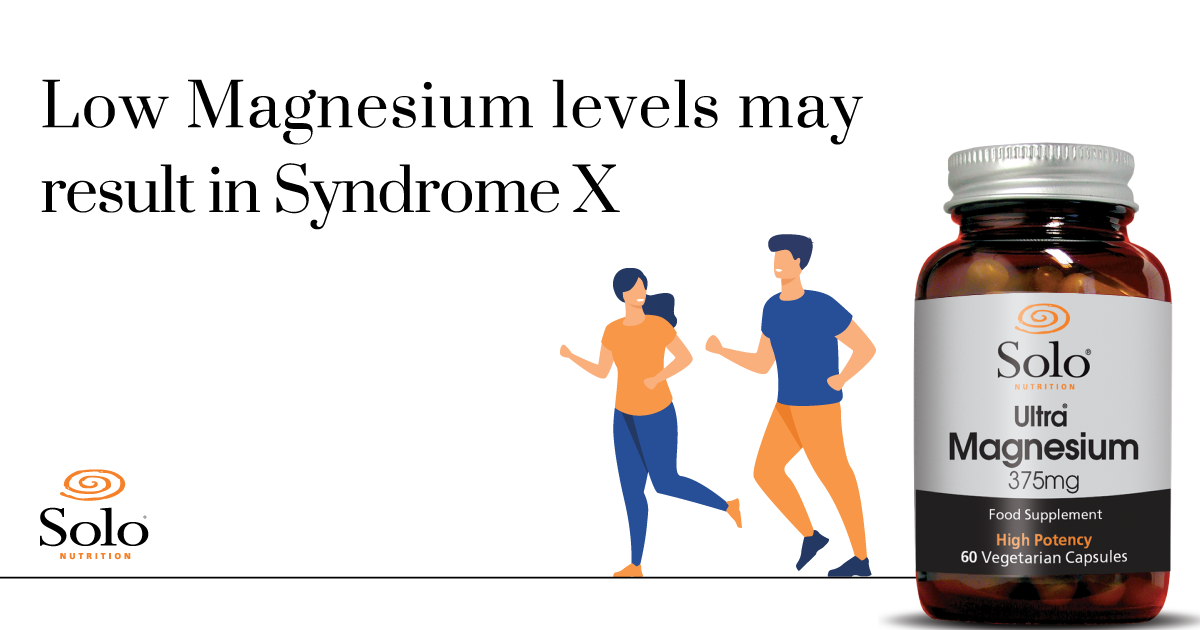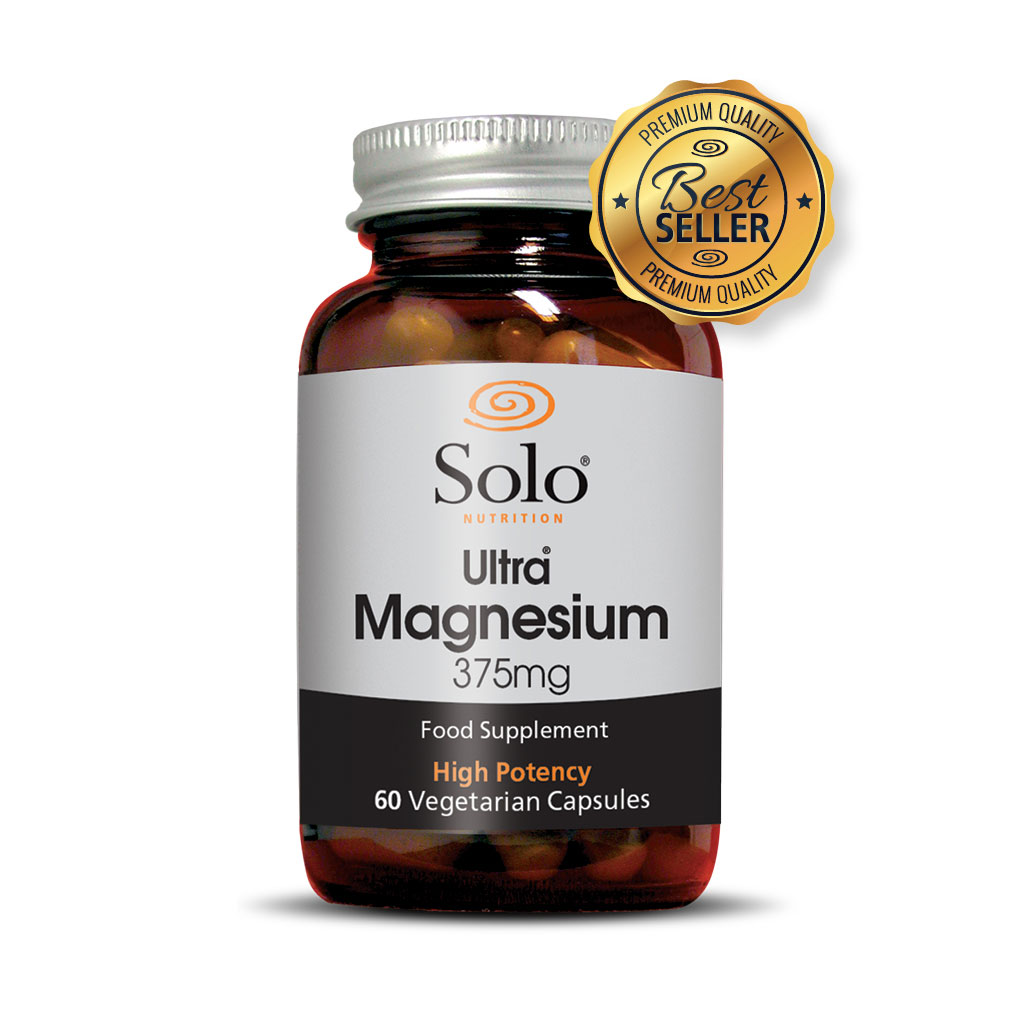
Low Magnesium levels may result in syndrome X
According to recent statistics one in five people in the UK have syndrome X, also known as insulin-resistance syndrome (IRS). Believed to be caused by eating a high glycaemic index (GI) diet, such as sugar and refined carbohydrates, syndrome X is characterised by five main traits: glucose intolerance, high insulin levels, high triglycerides, low HDL levels (the good cholesterol) and high LDL levels (the bad cholesterol), and high blood pressure.
Various nutrients have been implicated in the treatment of the syndrome including vitamin A, B complex, vitamin C, magnesium, zinc and chromium. A recent study has shown that a large proportion of syndrome X sufferers are magnesium deficient. Levels were analysed in 192 people with syndrome X and 384 people without the syndrome. Results showed that a low magnesium level was present in 65.6 per cent of the syndrome X participants compared to 4.9 per cent in the control group.
Low Magnesium is thought to be due to excessive consumption of refined and processed foods, which are deficient in the mineral, and stress and alcohol, which deplete it from the body.
Researchers conclude that this finding indicates that magnesium supplementation might help reduce the risk of heart disease and diabetes, conditions which are strongly linked to syndrome X.
Magnesium may help prevent type 2 diabetes
As the number of people becoming obese increases, so is the incidence of type 2 diabetes. In fact, the disease increased by one-third during the last decade and it is the fourth main cause of death in most developed countries. The good news is that a diet high in magnesium may reduce the risk of developing it, especially in people who are overweight.
In one study that followed 85,000 women and 42,000 men over an average period of 15 years showed that those who consumed high intakes of dietary magnesium from foods such as whole grains, nuts and green leafy vegetables were less likely to develop diabetes. In another study that looked at the diets of 40,000 overweight women, it was found that those who consumed large amounts of magnesium-containing foods were 22 per cent less likely to develop diabetes compared to women who consumed lower amounts of the mineral in their diet.
The researchers concluded that people who are at risk for type 2 diabetes should eat a magnesium-rich diet.
Solo Nutrition’s Ultra Magnesium 375mg comes in the highly absorbable citrate form. Magnesium citrate is therefore ideal for those with digestive issues or who do not easily absorb minerals.
-
 Select options This product has multiple variants. The options may be chosen on the product page
Select options This product has multiple variants. The options may be chosen on the product page



